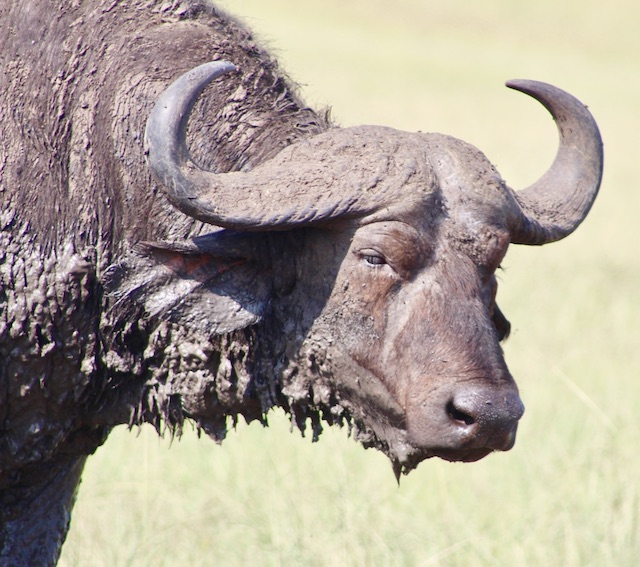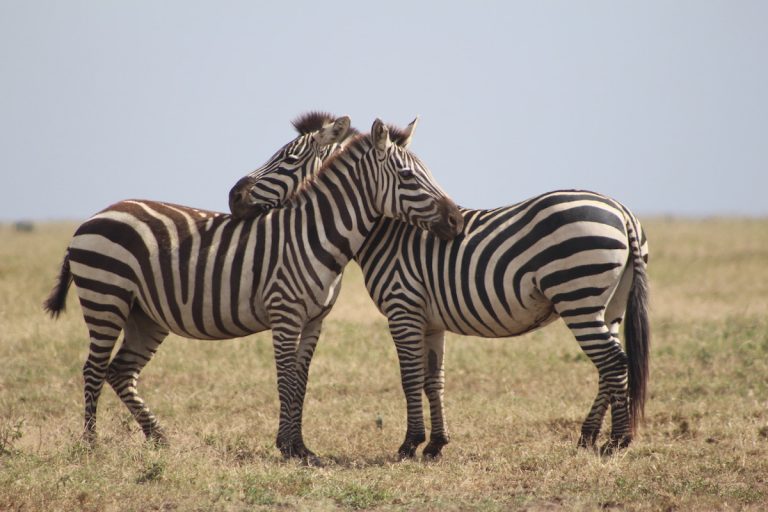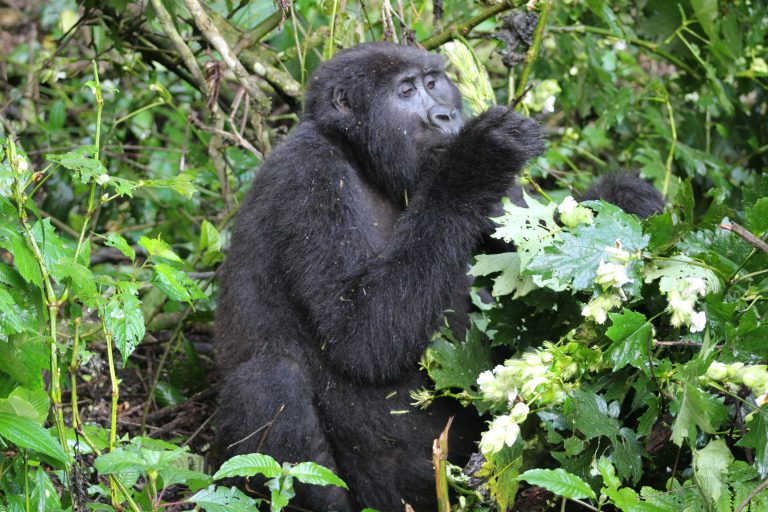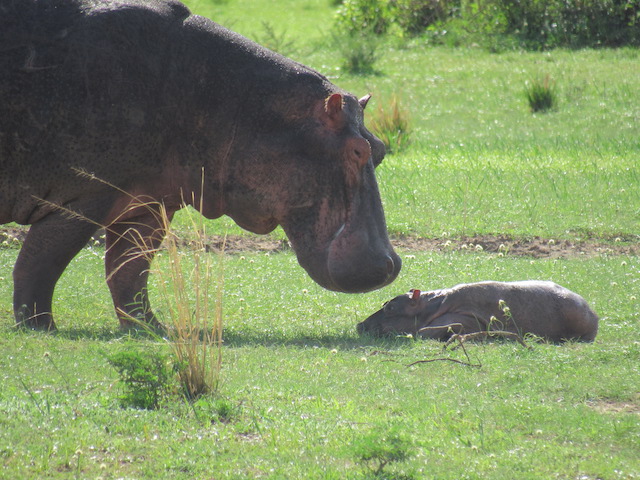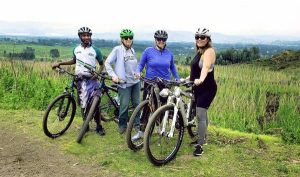 Rwanda cycling safaris in the Land of a Thousand Hills. Its incredible weather, breathtaking landscapes great sites along the roads and most importantly, clean air all contribute to amazing cycling experiences.
Rwanda cycling safaris in the Land of a Thousand Hills. Its incredible weather, breathtaking landscapes great sites along the roads and most importantly, clean air all contribute to amazing cycling experiences.
Rwanda Cycling safaris will meet your expectations, whether you are a mountain biker or a roadie. The country provides off-the-beaten-path riding adventures with continuous cycling paths. The roads pass through the countryside, rewarding one with limitless vistas and opportunities to interact with the local community and Mother Nature.
Because of the many landscapes – sweeping savannah plains, vibrant towns, valleys, Rocky Mountains, wide roads, and lush lake shores, the country offers numerous cycling tours to visitors in Rwanda.
Popular Rwanda Cycling Safaris
The Congo Nile Trail
The highlight of Rwanda cycling safaris is the the Congo-Nile trail. It runs along the shore of Lake Kivu, which borders Rwanda and the Democratic Republic of the Congo. The trail is designed for both hiking and cycling, and is relatively demanding for beginners but easy for experienced riders. The surrounding area is fairly mountainous, and the traveler gains and loses 350 meters in height. The trail, however, does not become impassably steep. Although traffic on the trail is uncommon, travelers should remain cautious of passing cars and trucks.
The entire trail can be cycled in five days, beginning in the hip town of Gisenyi in the north and ending in Kamembe in the south. A one- or two-day journey through the most spectacular section of the path can take you from Gisenyi to Kibuye. The tour’s most arduous section, a 4-6 hour stretch between Kinunu and Kibuye, is also its most picturesque.
The paths are well-marked and interspersed with settlements that offer places to eat, relax, and camp. The shops along the way mainly sell necessities like water, fruit drinks, Kleenex, soap, and bread, and some even have fresh fruits.
The Twin lakes trail
The second fantastic trail on Rwanda Cycling safaris is the one that leads you to the twin lakes of Burera and Ruhondo. These two lakes are separated by a 1 km wide strip of land. Tourists ride their bikes across the green terrain, interacting with people, the villages and enjoy views of the twin lakes.
The Kigali Trail – Rwanda Cycling Safaris
Tourists to Rwanda may also cycle through Kigali Metropolis, which is recognized as Africa’s cleanest city. Rwanda Cycling safaris in Kigali offer tourists an opportunity to explore the Kigali Genocide Memorial Centre, local markets, and Kigali’s hills.
Furthermore, tourists can take a bicycle excursion through Rwanda’s eastern plains, which are devoid of mountains.
Best time for Rwanda Cycling Safaris
Rwanda cycling safaris are available all year, the months of March, April, May, October, and November are not ideal for cycling tours in Rwanda due to severe rains, which make it wet, cold, muddy, and slippery. However, if you prefer to go cycling, be prepared to bring extra clothing because evenings tend to be colder, and rains are still common. Cycling conditions are optimal in June, July, August, September, and December, January and February when vegetation is low and cycling trails are drier, less muddy, and less slippery.

